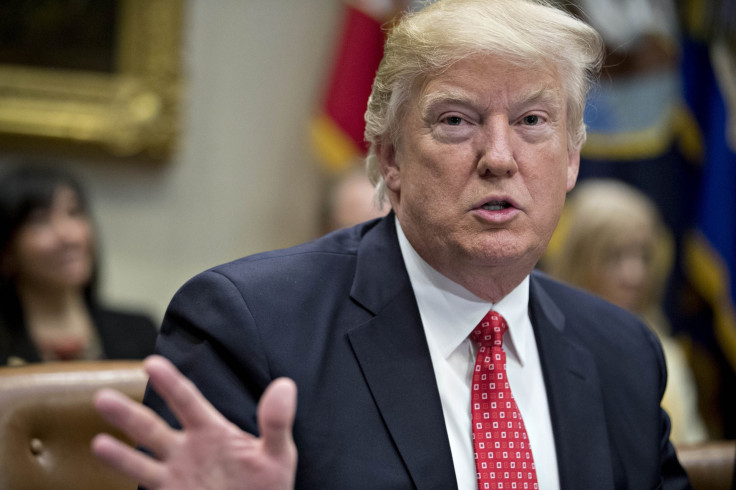Trump On Climate Change: Can President Withdraw From Paris Agreement On Global Warming?

Should President Donald Trump opt to withdraw the United States from the landmark Paris Agreement on climate change, the process might be far less straightforward than the administration anticipated. A report published Monday by the Federation of American Scientists detailed the complex and largely unprecedented actions Trump would have to take in order to pull out of the agreement.
“By its terms…the Paris Agreement does not allow parties to submit a notice of withdrawal until November 2019,” the report stated.
In addition to the wait, the process is complex and confusing because the Constitution does not explicitly outline the procedure for terminating international treaties. But because former President Barack Obama dealt with the Paris Agreement as an executive agreement that did not require confirmation form the Senate, Trump would likely be able to treat it in much the same way and withdraw without approval from the legislative branch.
The Paris Agreement was ratified in 2016 by 131 nations around the world. It pledged to reduce carbon emissions in order to lower global temperatures and mitigate the effects of climate change. For the U.S., that meant pledging to cut its emissions by 28 percent of its 2005 levels by 2025. But other nations, like China, agreed to peak their carbon emissions by 2030, allowing emissions to rise even after the agreement went into effect.
It’s unclear exactly what the fate of the Paris Agreement will be in the hands of the new administration. In a 2012 tweet, Trump called climate change a hoax perpetuated by China in an attempt to make U.S. manufacturing less competitive. While campaigning, he railed against “draconian climate rules,” vowing to “cancel” the Paris Agreement.
But Trump has softened his stance since taking office. In November, he promised to “look very carefully” at the deal.
“I’ll tell you what, I have an open mind to it,” he told the New York Times. “We’re going to look at it very carefully. It’s one issue that’s interesting because there are few things where there’s more division (politically) than climate change.”
© Copyright IBTimes 2025. All rights reserved.






















